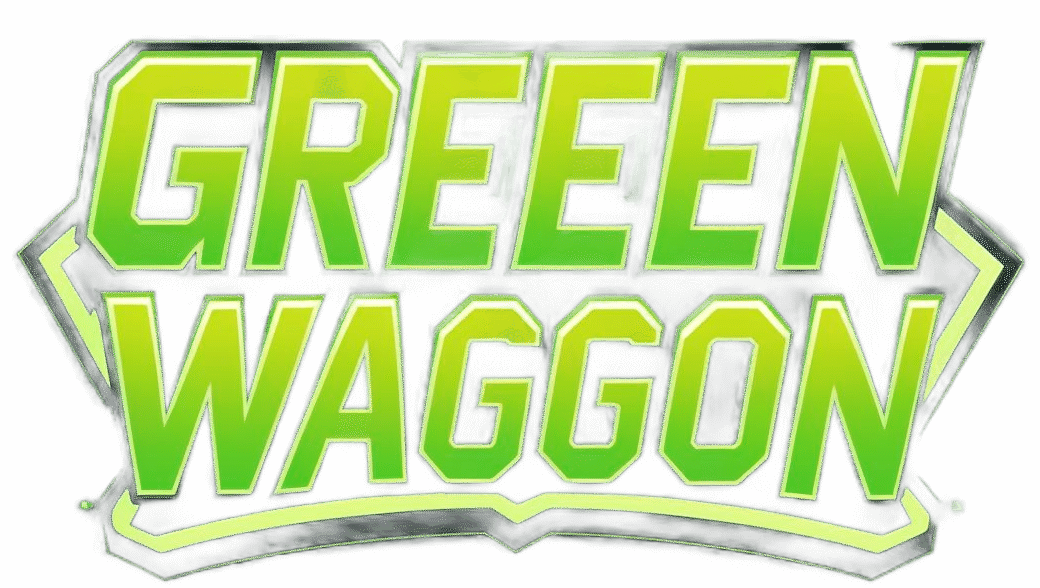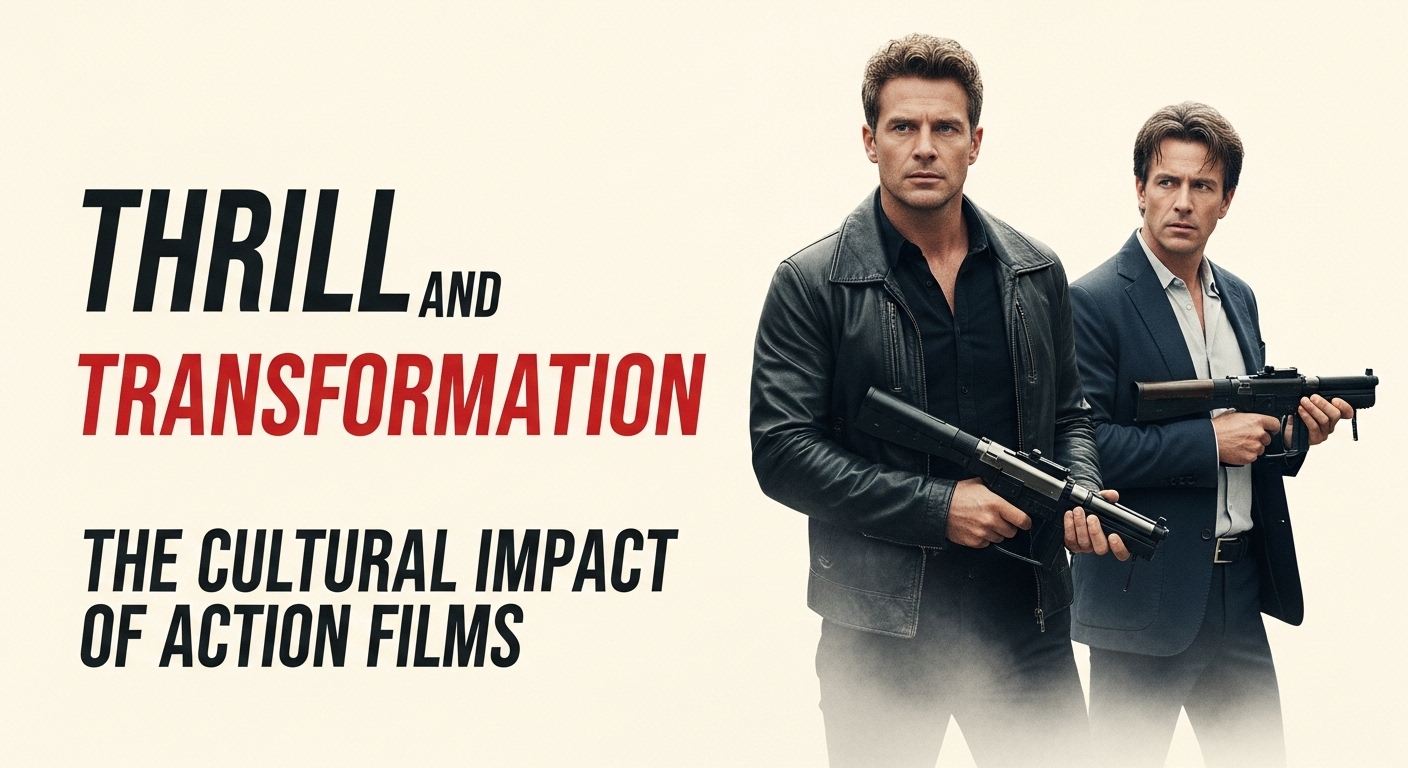It’s funny how the word “action” makes people perk up. Whether it’s the adrenaline rush or that human urge to do something—anything—it’s got a hold over us. Think of action movies, those fast-paced adventures that get your heart racing. They’re more than just cinematic spectacle; they’re a cultural phenomenon. In fact, the history of action films is a wild ride in itself, marked by evolution, changing societal norms, and more explosions than you can count. It’s not just about CGI and car chases; it’s about how these films reflect and shape our cultural narratives.
Why Action Resonates with Us
Ever wonder why action movies, games, or even just getting out and doing something, resonate so deeply with people? Well, it taps into something primal. It’s about survival, challenge, and sometimes, just that simple need to disrupt the everyday monotony. You ever notice how a lot of action movies have this lone hero against the world? It’s like a metaphor for life, right? We face challenges, and sometimes, we just want to see someone beat the odds, even if it’s just on screen.
The Role of Action in Storytelling
In storytelling, action is not just physical movement; it’s the dynamo that drives the plot forward. Every story needs some push, a jolt of energy to engage the audience. Without action, what have you got? Just a bunch of people sitting around talking. Even in the quieter moments, there’s an undercurrent of potential action—what might happen if the hero takes this path over that one?
Check out the evolution of the action movie for some insight into how this genre has grown and changed over the years. It’s fascinating, really, to see how what thrilled audiences in the ’70s compares to the CGI-laden epics of today.
Action Beyond the Movies
But action isn’t confined to the big screen. Games, especially role-playing games (RPGs), let us take on action-packed adventures in a more interactive format. Players aren’t just observers; they become part of the story, making decisions and seeing how they play out. Speaking of games, if you’re into role-playing and want a deeper dive into that world, check out this incredibly detailed category on role-playing games. It’s a rabbit hole you’ll be glad you fell into.
The Mechanics of Action in Gaming
Alright, let’s talk about action in gaming for a sec. It’s not just about button mashing or pixelated violence. It’s about strategy, timing, and sometimes, sheer dumb luck. In games, action serves as a conduit for player engagement, keeping you on the edge of your seat. Whether you’re leading a charge in a medieval fantasy or conducting a stealth mission in a futuristic dystopia, action is the beating heart of it all.
Interactivity and Engagement
The beauty of action in games lies in interactivity. Unlike films, where you’re a spectator, games make you an active participant. Want to be the hero? The villain? The anti-hero with questionable morals? It’s all on you. This active participation is what makes gaming such a powerful medium for storytelling.
Gamer Communities and Shared Experiences
Games bring people together. Online multiplayer games, especially, have created communities where players can share experiences and strategies. These communities are built around shared action, whether it’s cooperative play or competitive battles. Ever been part of a gaming clan or multiplayer group? The camaraderie is unmatched, fueled by shared victories and epic fails.
Action in Everyday Life
Let’s bring it back to the mundane, shall we? Action isn’t just for the big screen or gaming consoles. It’s in everyday life, too. We make decisions, take steps—some big, some small—that shape our lives. It’s not always a motorcycle chase through a city, but it counts. Even those tiny actions, like choosing to walk instead of drive, can lead to unexpected adventures. Or just a better mood at the end of the day.
Everyday Actions with Impact
Think about those little actions that ripple out. Random acts of kindness. Volunteering. Even just sticking to a routine. They all add up. Small actions can have big impacts, and sometimes, the biggest action you can take is just to show up. It’s not glamorous, but it’s real.
The Balance Between Thought and Action
There’s this delicate balance between thinking and doing. You ever find yourself stuck in thought, unable to move? Analysis paralysis, they call it. Taking action, even if it’s a small step, breaks that cycle. It doesn’t have to be perfect; it just has to be done. A lot like writing this blog, really.
The Psychology of Action
Why do we crave action? Well, it’s complicated. Psychologically, humans are wired for action. We need stimuli, we need engagement. It releases dopamine, that feel-good neurotransmitter. But too much can lead to burnout. It’s a balancing act, like most things in life.
Action and Mental Health
There’s a link between physical action and mental health, too. Exercise is often recommended for those struggling with depression or anxiety. Moving your body affects your mind. It’s like hitting the reset button. A brisk walk, a quick jog, even a dance around the living room can shift your mood.
Action as an Escape
Sometimes we seek action as an escape. Life can be overwhelming, and diving into an action-packed game or movie provides a temporary respite. It’s a break from the pressures of reality. A chance to be someone else, somewhere else, even if just for a little while.
Action In Different Cultures
Not all cultures view action the same way. Some glorify it, others see it as a means to an end. In some places, action is about personal achievement; in others, it’s about community and collective effort. These cultural differences shape our understanding of what action means.
Cultural Variations in Film and Media
Take action films, for example. Hollywood loves its action heroes, but so does Bollywood, albeit with more singing and dancing. In Japan, action anime often blends intense battles with deep emotional storylines. Each culture adds its own flavor to the concept of action.
Action as a Cultural Value
In some societies, action is seen as a virtue. The idea of “doing” as inherently valuable. In others, contemplation and thought are prized. It’s fascinating how these varying values shape everything from daily life to global politics.
| Culture | Action Emphasis | Examples |
|---|---|---|
| Western | Individual Heroism | Superhero films, Westerns |
| Eastern | Community and Harmony | Martial arts films, Anime |
| Indian | Melodrama and Action | Bollywood films |
So, what does this all mean? Action is everywhere. It’s in our stories, our games, our daily lives. It drives us, motivates us, sometimes exhausts us. But it’s essential. Without action, what are we? Just daydreamers. And while daydreaming has its place, sometimes you just have to get up and do something.
FAQs About Action
- Why are action movies so popular?
They’re thrilling! Action films provide escape, excitement, and often a clear hero’s journey we can root for. - Is action necessary for a good story?
Not always, but it helps. Some of the best stories balance action with character development. - Can too much action be a bad thing?
Yes, especially if it leads to fatigue or burnout. Balance is key. - Why do people love action games?
The interactivity, the challenge, and the chance to be someone extraordinary are big draws. - How can action improve my life?
Even small actions—exercise, helping others, setting goals—can profoundly impact your well-being.
And that’s about it. Action, in its many forms, is a part of life. It keeps things interesting, keeps us moving forward. So what’s your next move?


